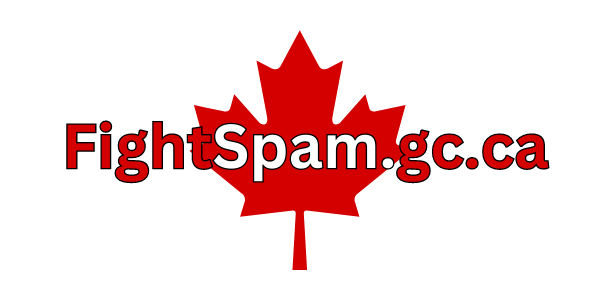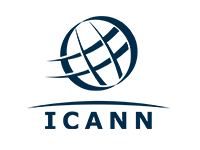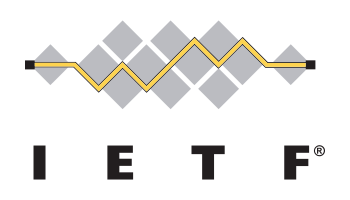A couple of weeks ago, I attended part of the ICANN meeting in San Francisco. I’ve been watching ICANN and been peripherally aware of their issues since the organization began, but this was my first chance to attend a meeting.
What I learned is that ICANN is a crazy behemoth of a bureaucracy, steeped in impenetrable acronyms and processes that make it nearly impossible for someone new to get up to speed.
The best example of this is the recent approval of the .XXX top-level domain. There are already top-level domains for specific types of companies or organizations: .MUSEUM for museums, .COOP for co-ops. None of them have been very successful — there are only a few hundred museums in .MUSEUM and 6000 co-ops in .COOP — but they’ve been mostly harmless. So okay, the adult entertainment industry wants a top-level domain, why not let them have it?
The problem is, the adult entertainment industry doesn’t want this top-level domain. As far as I can tell, the only people who want it are the registry who will start selling .XXX domains and a few countries (such as India) who plan to block those domains. The registry wants it because they know that legitimate adult sites will be forced to register domains in .XXX to avoid trademark dilution. For example, even if they already have example.com, example.org, example.net, example.biz, and example.info, they’ll now have to register example.xxx just to make sure nobody else does – and to make sure users aren’t confused or scammed. Famous brands will have to register for trademark protection, too: they’ve mentioned disney.xxx.
When CAUCE Executive Director Neil Schwartzman asked on one of the ICANN mailing lists why .XXX was going to be approved even though the community that supposedly wants it didn’t want it, an ICANN insider (a former Board member) replied that they’d had their chance to object, and didn’t. That “chance” wasn’t anything that got any press, though — it was a “Report of Possible Process Options” published somewhere deep within icann.org after ten years of false starts. In ICANN’s insular world, it’s everyone else’s job to pay attention and keep ICANN from screwing up.
The bigger controversy at the meeting, however, was the disagreement between the Government Advisory Committee (GAC) and the ICANN Board. At its heart, the issue is that the ICANN Board would like to be free of government oversight (they’ve said so), while the governments of the world don’t want anything to be entirely outside of their control. Much of the hubbub is built upon overblown fears that the governments want to control absolutely everything (admittedly, some do.)
But most of what the GAC wants doesn’t get into that scary territory. They want to make sure that trademark laws apply fairly. They want law enforcement to be able, through due process of law, to find out who registered a domain name — a position we’ve consistently supported. And they want ICANN to have some oversight, because there are a lot of people complaining.
I don’t know what’s going to happen. ICANN says the long delayed new TLD process is almost done (although they’ve said it before), and they’ll open things up for all sorts of new top-level domain names this summer. There’s already a gold rush mentality as potential registries realize how much money they think they can make. But when you look at .COOP, .MUSEUM, .AERO, .MOBI, and others…they’re hardly ever used. Even when they are used, there’s an accompanying .COM or .ORG or country-code domain. As CAUCE President John Levine put it, the new TLD experiment is a failure. Nonetheless, there appear to be hundreds of applicants willing to put down the $185,000 application fee for a new domain, all of whom presumably think they can get enough registrations, somehow, to make it worth their while — which does not suggest they’ll be particularly picky about who can register, nor that they will have the resources to make registrants follow whatever each TLD’s rules are supposed to be.
And it doesn’t even matter, because most users don’t navigate by domain names anymore. They use Google search, and click on the first result. Today the #5 “hot” search on Google is “youtube video“, obviously from users who don’t know (or don’t care) to type youtube.com into their address bar. But there’s also danger here: any time a scammer manages to SEO their site into the top position in Google or another search engine, users who aren’t paying close attention will find themselves on the wrong site: bankofwherever.scam when they wanted bankofwherever.com. So, again, legitimate brands will find themselves forced to register in each new TLD even though there’s no real benefit to them or their users.
It’s pointless and insecure for users, it’s annoying and expensive for brands…all this new TLD craziness is a gold rush in a world that doesn’t even want gold. ICANN doesn’t care, and those of us who do care are effectively locked out of the process. Even regular participants are often shut out. Something, clearly, has to change…but what?


















